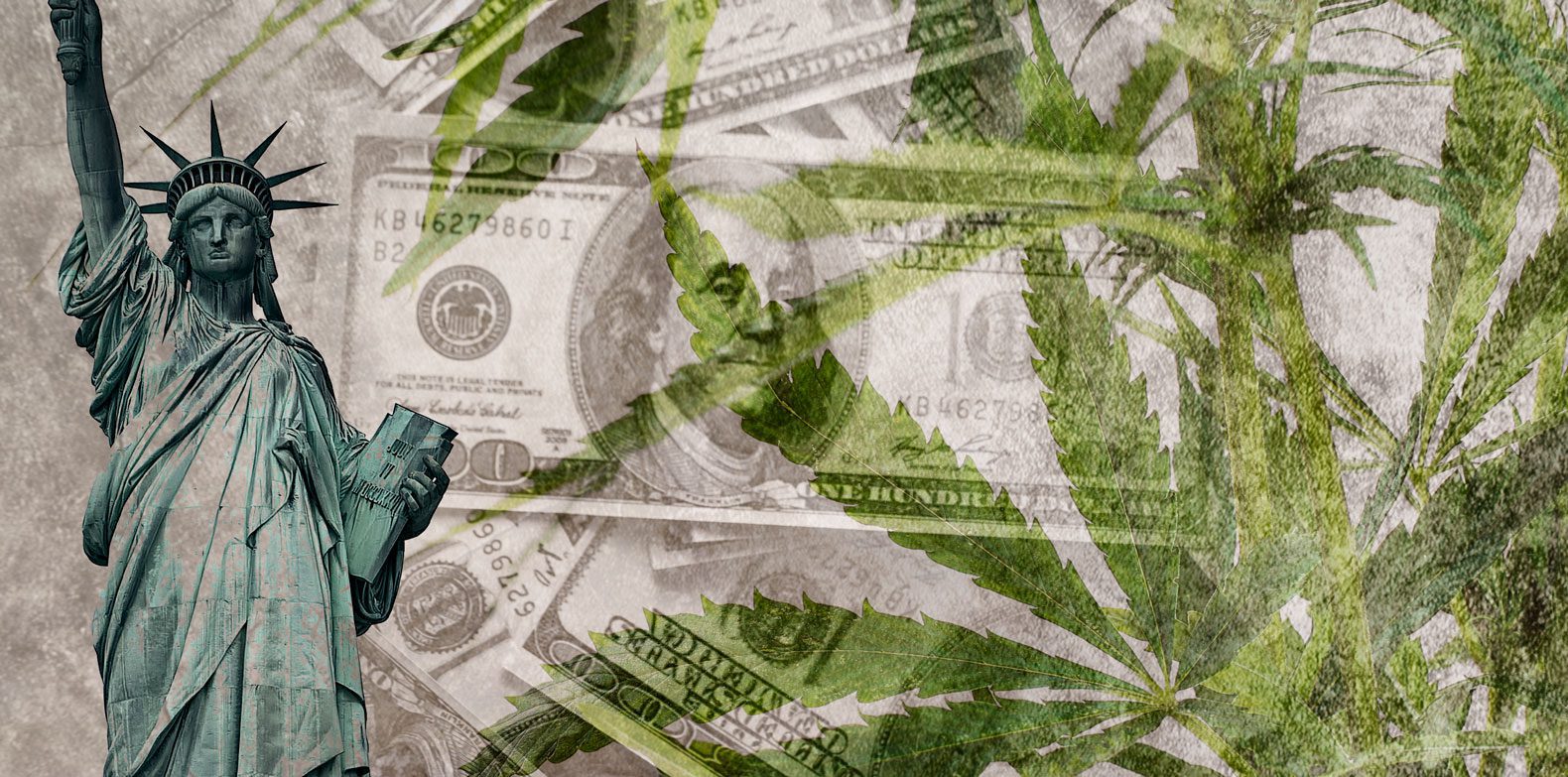
New Pack 100 Seeds!!!
Iberian Peninsula express shipping
0€ Orders over 60€
*6€ orders under 59€
East, West, South Europe express shipping
0€ Orders over 150€
*18€ orders under 149€
North Europe express shipping
0€ Orders over 160€
*20€ orders under 159€
Ireland, Norway, UK normal shipping
0€ Orders over 60€
*6€ orders under 59€
Rest of the world normal shipping
0€ Orders over 180€
*25€ orders under 179€
Shipping costs can be confirmed in your shopping cart.
For additional shipping methods, please reach out through info@kannabia.com.


*Website protected by SSL.
**Not available in all regions.
*Your coupon will be sent via email.
*Should you have any question, comment or feedback, please do not hesitate to contact us.

On September 21, the Secure and Fair Enforcement Banking Act was approved by voice vote in the US House of Representatives. Known as SAFE, this amendment is intended to protect those banks that provide services to legal marijuana companies so that they cannot be penalised by federal regulations. This law would be added to the National Defense Authorization Law (NDAA).
This law has already been approved in the House on two occasions (in 2019 and in 2020), and this is already the second time this year although it hasn’t yet moved to the Senate. The application of the SAFE Act would allow legal cannabis companies to have access to basic banking services such as loans, credit and debt financing safely without this legally compromising the banking entities that provide these services, which can even lead to penalties.
At present, despite there being legal cannabis businesses in many states, de facto illegality at federal level under current law prevents banks from working with them because they risk being sanctioned. As a result, the cannabis industry is faced with obvious difficulties in financial terms as well as being driven to conduct most of its businesses’ financial transactions in cash: President and CEO of the United States Cannabis Council Steven Hawkins stated that this is ‘anachronistic and a threat to public safety.’
In 2020, for example, the United States sold more than $17 billion worth of legal cannabis mostly in cash transactions. According to New Frontier Data, legal sales in the cannabis industry were $20.3 billion that year.
The application of the SAFE Act would contribute to normalising the cannabis industry’s access to banking services, having a direct impact on the creation of quality work and redirection of the money generated into the national economy. Another positive factor is the reduction of the risk of violent crime, thereby reducing the threat to public safety that this poses.
Despite broad popular support and strong backing in the House, some of its advocates maintain that comprehensive changes to marijuana laws should end prohibition. They consider it inappropriate to deal with a reform that impacts the industry in helping businesses and investors without tackling all the damage caused by decades of implementing prohibitions (in other words, without contemplating a remedy). They urge prior legalisation that focuses on equity and social justice to address other problems of the industry itself.
This could complicate the process as the commitment to a bolder policy could drive some representatives – especially moderate Democrats and Republicans who are still undecided – to vote against the law, ultimately making it difficult to approve the amendment in the Senate and the possibility of a real implementation of it.